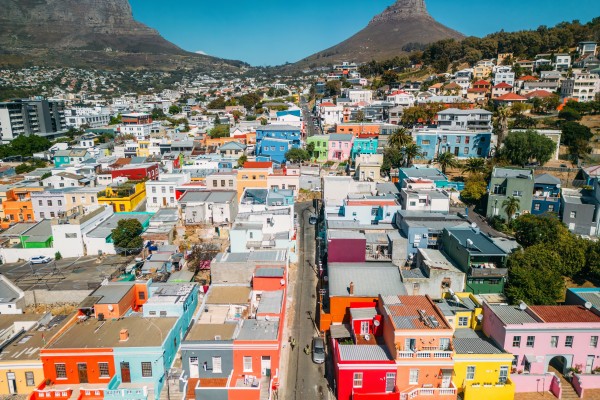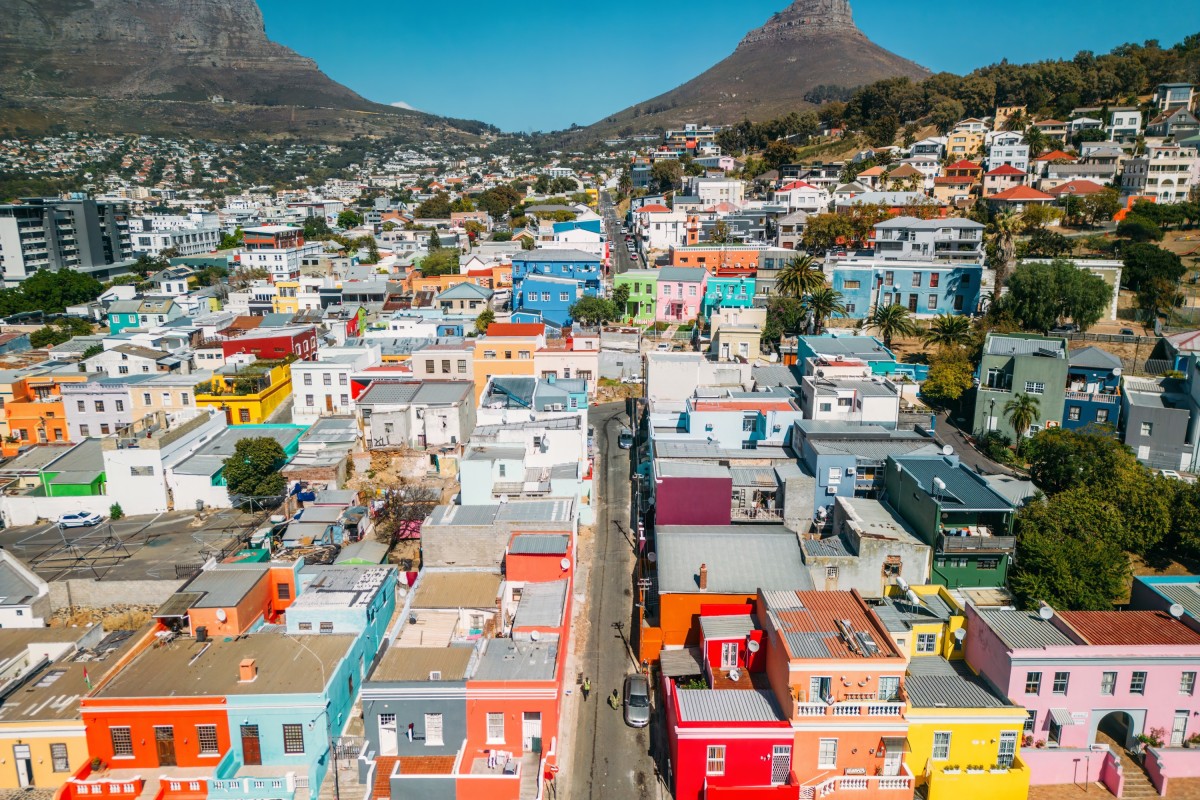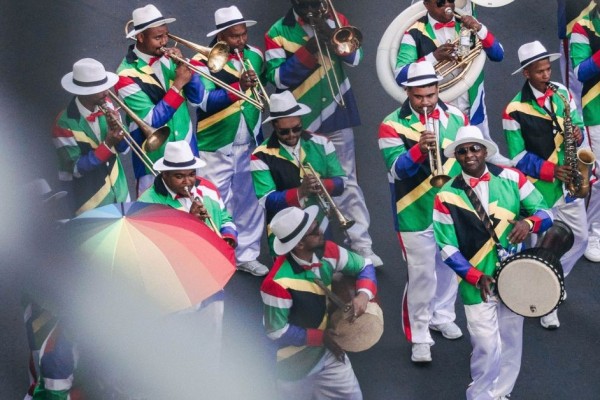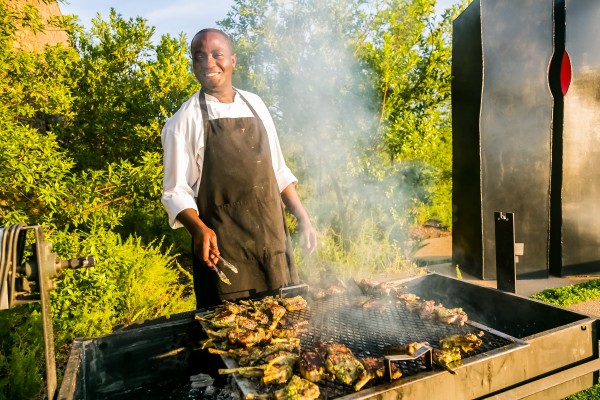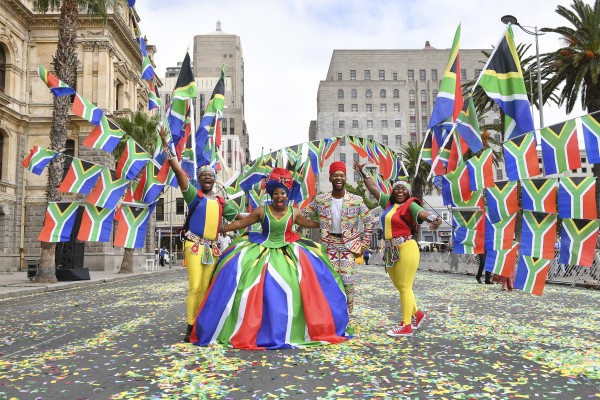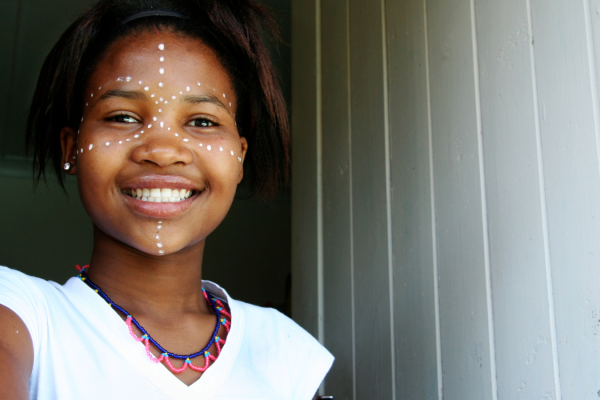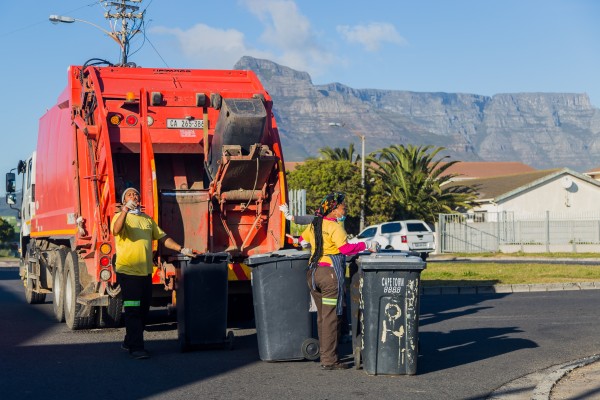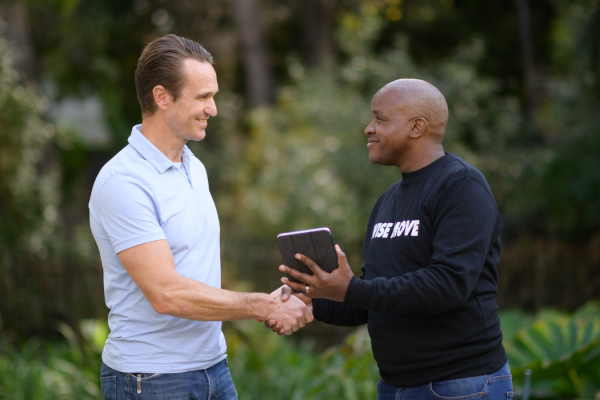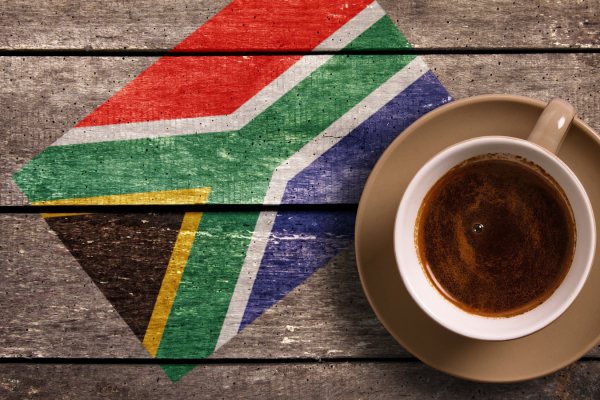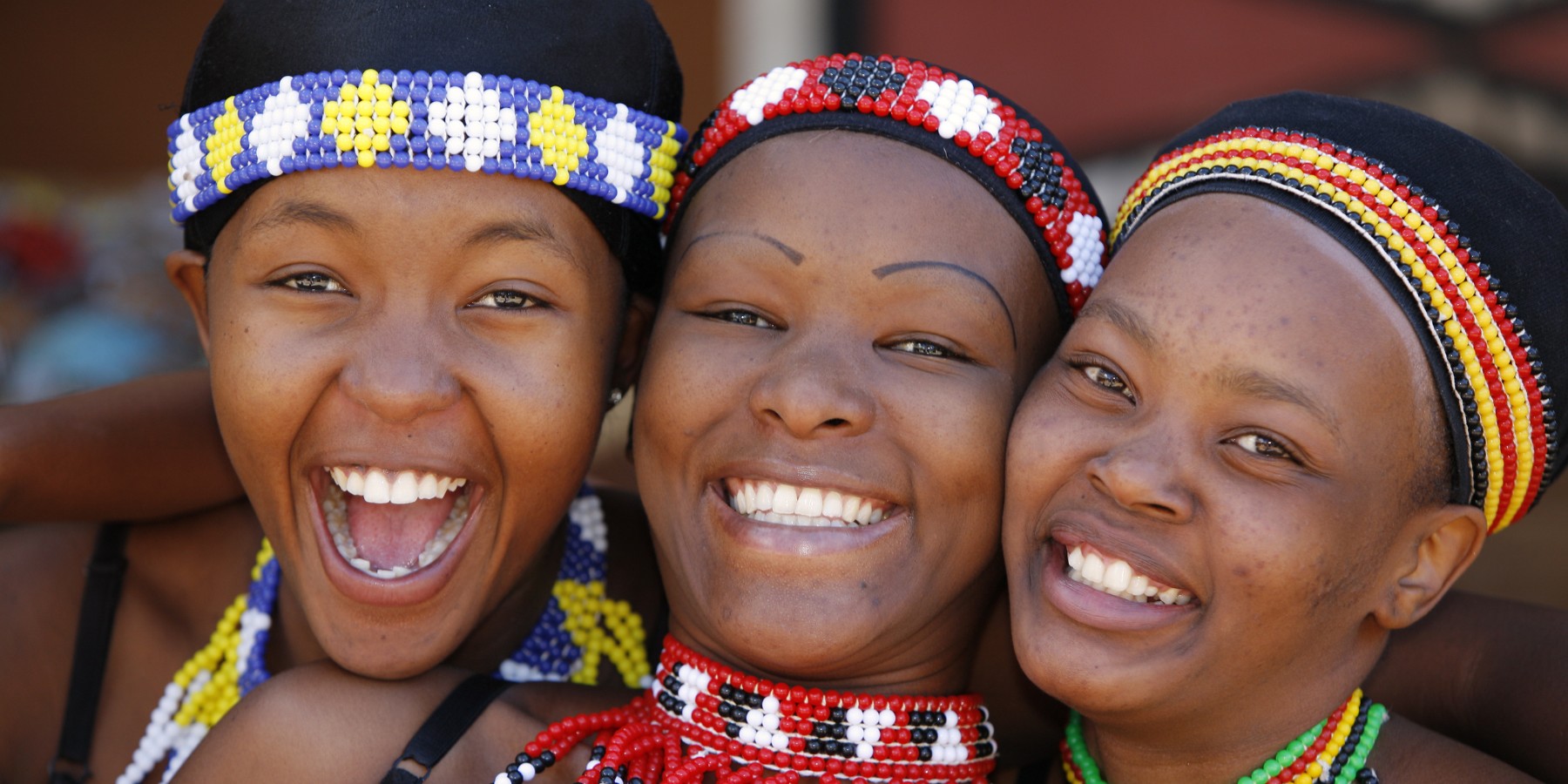
There is definitely no place in the world like South Africa. This very unique country comes with some very unique cultural practices that make no sense to those arriving in South Africa for the first time.
From the unique lingo that only South Africans can understand and traditional greetings to tipping etiquette and respecting the rainbow nation’s diversity, integrating into the fabric of South African society can be an enriching, and sometimes confusing, experience.
So whether you’re just passing through or making the move to South Africa, here are our top 10 cultural etiquette tips for newcomers to help you settle in South Africa in no time.
1. Know the Lingo
South Africa is a linguistic mosaic, boasting 11 official languages and a melting pot of multilingualism. With the mixing of languages and most people being fluent in 2 (if not 3 or 4) languages, you might find a bunch of words you don’t understand.
-
Shame: A term used often to describe many things including “poor thing,” “what a shame,” “oh cute” and “oh no.”
-
Robot: Traffic light
-
Bakkie: Pick-up truck
-
Garage: Gas station
-
Lekker: Nice, good or tasty
-
Yebo: Yes!
-
Mzanzi: South Africa
-
Takkies: Trainers or sneakers
-
Eina: Ouch!
-
Chow: Eat
-
Padkos: snacks for the road
-
Babbelas: Hangover
-
Bru/boet/china/chommie: brother or friend
Embracing these linguistic idiosyncrasies not only enhances communication but also shows how cool and open you are to new cultures. So don't be shy, use them!
Here's a video to explain some more local slang with pronunciations:
2. Perform the Proper Greeting
As with every country, there is a standard way of greeting. This can vary depending on the formality of the situation and the relationship. When saying hello, you have a range of options to choose from depending on the context, including “Hello,” “Hi,” “Hey,” and “Howzit” for a local flair.
Here are some of the typical ways of introducing yourself to someone in South Africa:
-
Shaking hands: When in doubt, this is always a good way to go, as it’s the main form of introducing yourself in most situations and is considered a sign of respect.
-
Handshake hugging: This is typically how young men will greet each other in a more informal setting.
-
Hugging: South Africans can be very friendly, so expect some hugging in more informal situations, particularly among women but not exclusively.
-
Kissing: The older generation of South Africans will often kiss their close friends and family on the lips.
Addressing someone with the appropriate title is also important. This is particularly the case in Afrikaans culture which is typically very traditional — children and young adults address older men as "oom" (uncle) and older women as "tannie" (aunt).
Outside of Afrikaans culture, Mr. and Mrs. are often used to demonstrate respect. As relationships develop, a shift towards more informal greetings may occur, but it's best to follow the lead of the South Africans around you.
3. Host a Braai
The Braai is a centrepiece of South African culture — it’s no wonder Heritage Day is unofficially known as Braai Day.
For those that don’t know, a braai is the South African term for a barbeque and is unique in its local meat, spices and flavours. Typical braai meat will include steaks, lamb chops, chicken kebabs and of course, boerewors — a South African long sausage that you break and put in a hot dog bun to create the perfect boerie roll.
View this post on Instagram
Hosting your own braai is the perfect way to spend your weekends, watch a sports game with buddies and get to know the fellow locals, whether it’s your new neighbours, old family or new friends.
Alternatively, if you get invited to a braai, it’s customary to bring your own meat that will be fired up by the braai master for you to enjoy and share if you want.
4. Get There On Time
You have to set your watches to South African time. No, we don’t mean +2 GMT. We mean the socially accepted rules regarding time in South Africa.
The most important thing you need to know about South African time is the distinction between right now, now now and just now. They might sound all the same to you, but they could be hours apart for a South African. So to make sure you’re not waiting for hours when you’re friend says they’re coming just now, here’s what you need to know:
-
Right now: Right this second
-
Now now: Could be anything between 5-30 minutes
-
Just now: Usually refers to anything from an hour on to simply later in the day
Additionally, punctuality can differ between cities, particularly between the two centres, Johannesburg and Cape Town. Johannesburg tends to adhere to a more rigid time schedule, meaning things will likely take place as scheduled, with people arriving on time. On the other hand, Cape Town operates on a more laid-back approach, meaning things will often start late, and people tend to be fashionably late.
5. Look Out for Each Other
Unfortunately, another thing to get used to in South Africa is being vigilant. Petty crime like theft is quite prevalent, especially in touristy areas, so you must always keep safety in mind. Because of this, we South Africans try to help each other out, especially when you have to leave your belongings unattended.
Whether you’re going for a quick dip in the ocean at the beach or heading to the bathroom at a restaurant, it’s often best to find someone sitting nearby to keep an eye on your belongings, especially if there are valuables in there.
This also means that other locals may come up to you to do the same, so don’t be alarmed — it’s normal. They’ll usually ask how long you plan on staying. If you plan on leaving shortly, however, it’s best to let them know so they can find someone else and you’re not left waiting around.
6. Remember to Tip
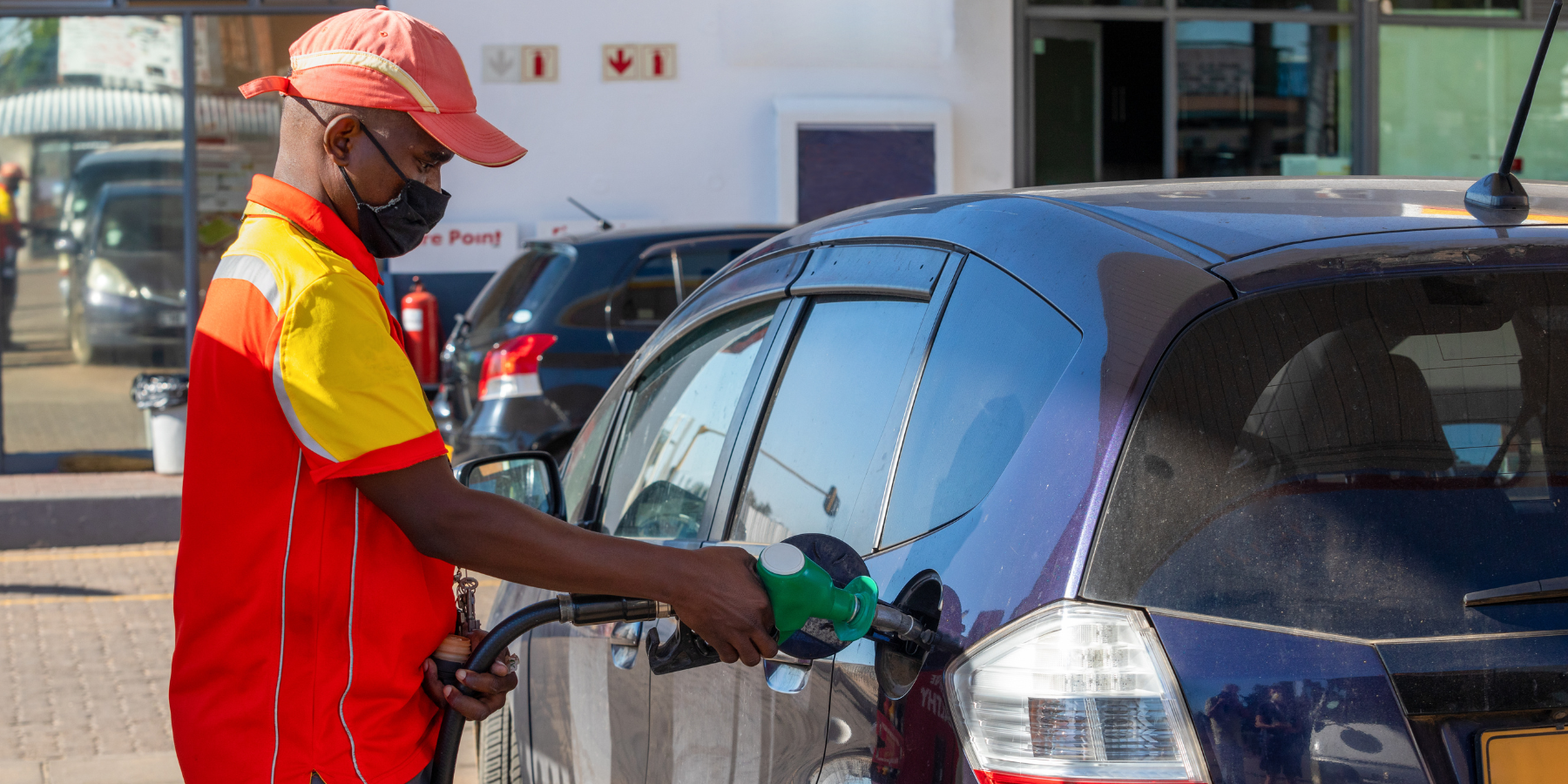 It’s important to know that tipping is customary in South Africa. With the low minimum wages, many service workers in South Africa rely on tips to make their living. But in South Africa, tipping doesn’t just extend to the waiting staff. With the goal of job creation, South Africa has a few unique job positions where tipping is appreciated.
It’s important to know that tipping is customary in South Africa. With the low minimum wages, many service workers in South Africa rely on tips to make their living. But in South Africa, tipping doesn’t just extend to the waiting staff. With the goal of job creation, South Africa has a few unique job positions where tipping is appreciated.
Here’s the rundown of tipping etiquette in South Africa:
-
Waiting staff: 10%-20% of the bill.
-
Car guards: You’ll find car guards at most public parking to watch over your car while you’re away and sometimes even help you unload your groceries. While it’s not mandatory, tipping them your spare change from R1-R10 is greatly appreciated.
-
Petrol attendants: Ensuring you never have to get out of your car, you’ll find petrol attendants at every petrol station across the country which will fill up your tank for you. If you’re doing a simple fill-up, tipping isn’t necessary. But if you’re getting the full service with window washing, oil and water checks and a tyre pump-up, then tipping R5-R30 is appreciated.
-
Other informal services: You might find people at intersections offering to take the trash in your car or people willing to wash your car in a parking lot. Tipping your small change is often expected.
7. Don’t Arrive Empty-Handed
When attending any form of social gathering, it’s not mandatory, but often customary to bring a contribution. This could include:
-
Snacks: Chips, sweets, crackers, cheese, biscuits, rusks or biltong (a South African delicacy made of dried meat).
-
Main dish or side: Meat, salad, coleslaw, rolls, etc.
-
Drinks: Cool drinks for the kids, tea and coffee, beer or a good bottle of local South African wine.
-
Dessert: Ice cream and cones, chocolates, pastries or some traditional South African treats such as milk tart, koeksisters and malva pudding.
View this post on Instagram
This gesture is a sign of appreciation for the host's hospitality and adds to the collective enjoyment of the event. And don’t forget to ask if there's anything specific the host might need or if there are dietary preferences to consider.
8. Embrace the Friendliness
South Africans are known for their friendliness and warmth. You’ll often find South Africans nodding, waving and saying hello to complete strangers. So don't be afraid to smile, say hello and engage in friendly conversation when you’re out and about. Whether you're at the local market, on the beach, at a restaurant or simply strolling through the neighbourhood, acknowledging others fosters a sense of community and connection.
On the other hand, don’t be alarmed if some locals try to start a conversation with you. Be open to chatting with strangers — you might discover fascinating stories, local insights, and perhaps even make lasting friendships.
9. Use the Correct Signals when Driving
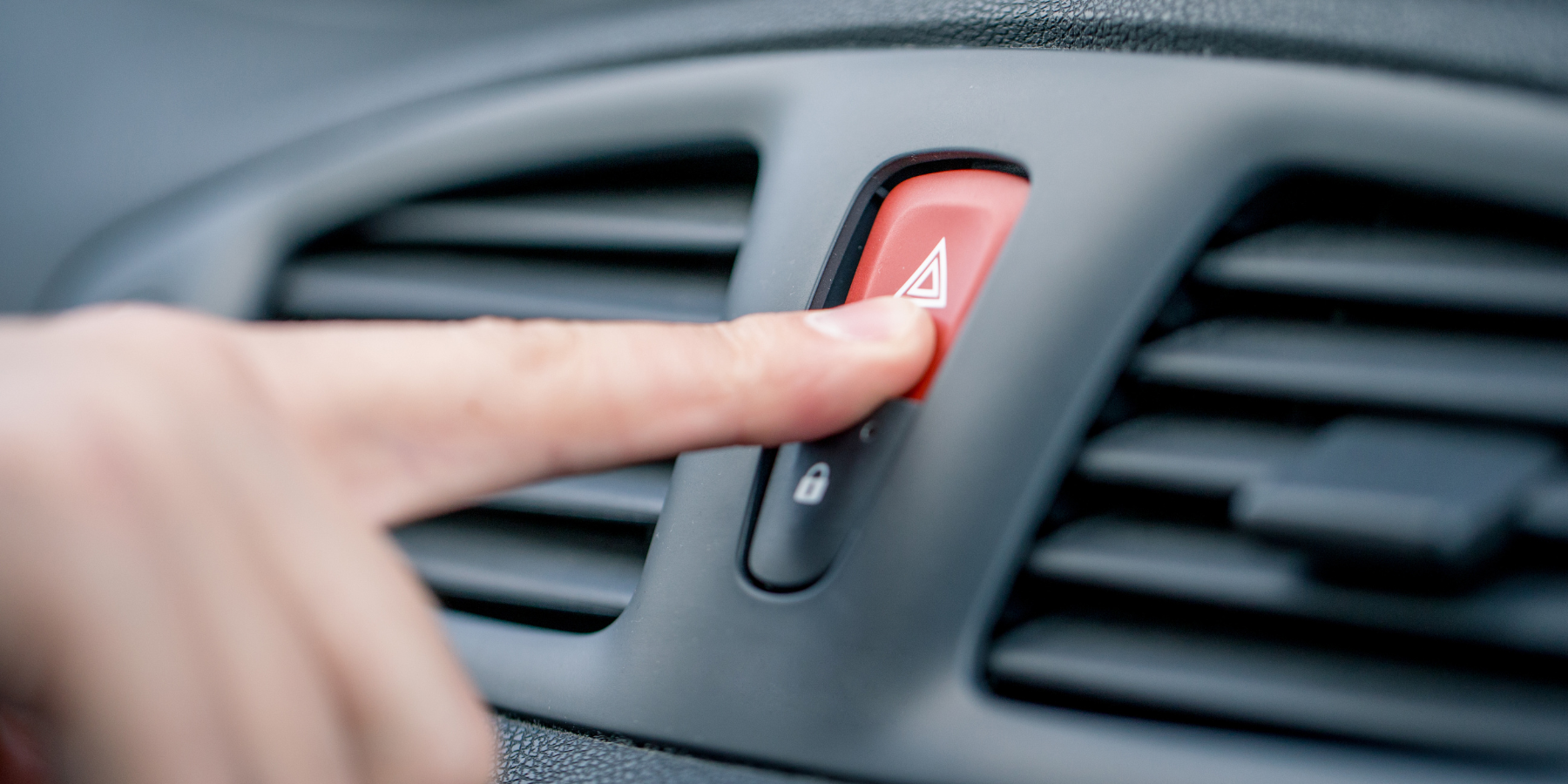
Driving in South Africa comes with its own set of unwritten road rules. If you plan on navigating South Africa’s transportation services, it’s best to be familiar with the most important ones:
-
Flashing brights: Warn you about potential hazards, notify you your brights are on or indicate that they are giving you the right of way.
-
Flashing hazards or raised hand: Indicate a thank you.
- Hooting: A friendly reminder that the light is green, a warning in case the other driver didn't see you or an indication of frustration.
-
Driving on the shoulder: Tell you to pass them, as they’ll be driving slowly.
-
Motorcyclists nodding: A form of greeting between motorcyclists.
Understanding and using these signals can help improve traffic flow and enhance your overall driving experience.
10. Respect the Rainbow
South Africa's multicultural and multiracial society is often referred to as the Rainbow Nation. Embracing this diversity means acknowledging and respecting people from various cultural backgrounds, ethnicities and walks of life. Engage in conversations that promote understanding, celebrate cultural events and be open to learning about the rich heritage that makes up the tapestry of South African society.
Want to Call South Africa Your Home?
If you’ve fallen in love with South Africa’s breathtaking beauty and captivating culture, then it might be time to make the move to the Rainbow Nation and embrace all these interesting and unique cultural quirks.
And if you’re looking for a local South African moving service to help set up your new home, then there’s no better place to look than Wise Move.
With Wise Move’s moving company platform, you’re instantly connected to the most affordable and reputable movers in South Africa, where you can pick and choose the perfect one for you.
Get your quote from Wise Move, and start the journey of calling Mzanzi your new home!
What do our customers say?




